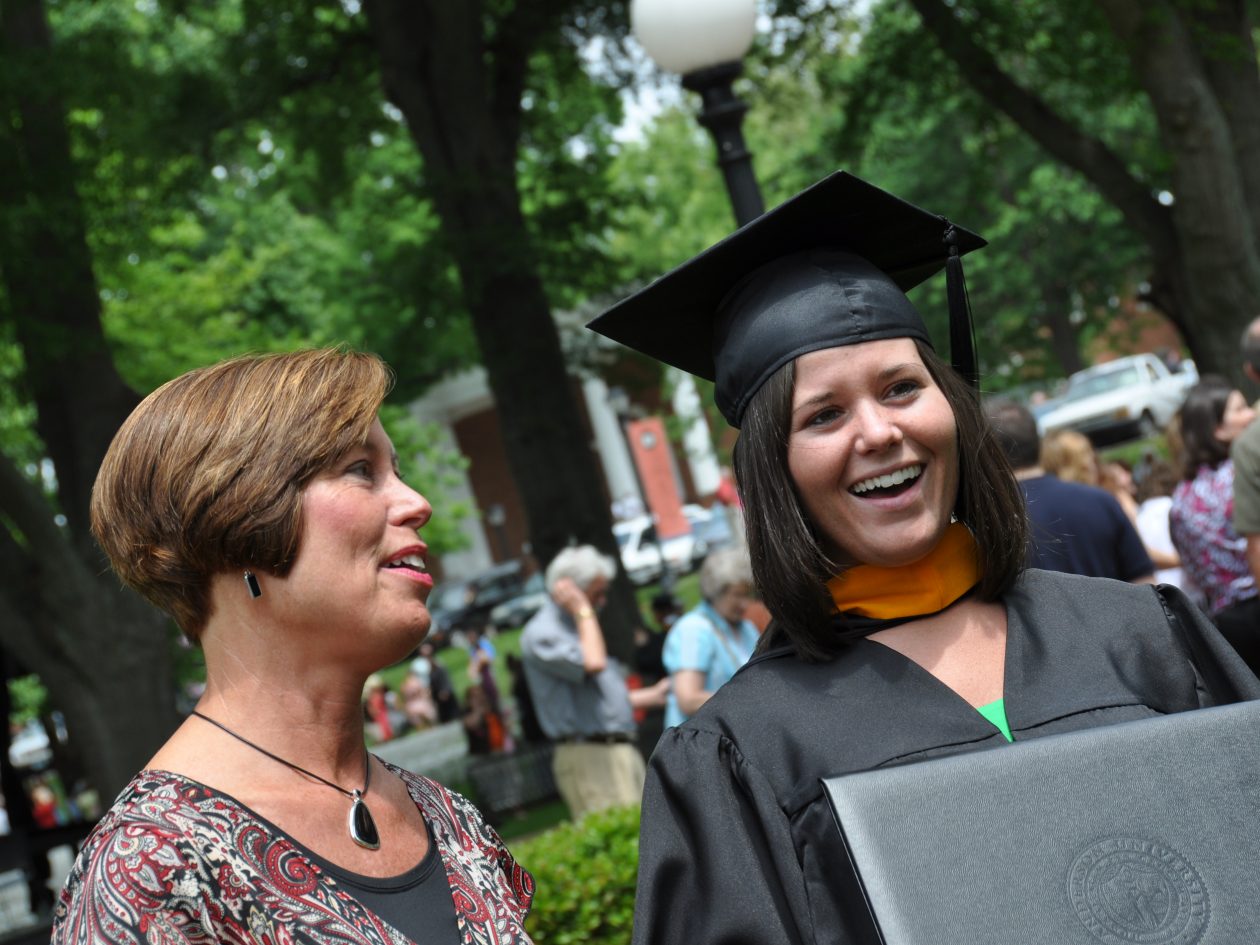Parents from poorer backgrounds believe the financial benefits to their children of getting a degree are less than those from wealthier backgrounds say researchers who believe targeted information campaigns could be used to make clearer the financial benefits of a university degree.
Wealthy parents expected their children at aged 30 to be earning nearly £15,000 more than their peers without a degree. Poorer parents put the figure at less than £12,000. Children from all backgrounds, on average, put the figure at just over £12,000 and were twice as likely as their parents to see a degree as a route to getting a job.
Parents were also asked about the current earnings of 30 years old individuals and the research found that more than half of parents under-estimated the returns to a university degree, with just 10 percent having relatively accurate beliefs (within 10% of the actual return). Those who underestimated the returns to a degree were more likely to report that their children were less likely to apply than those who overestimated.
The early findings are from new research being presented at the Understanding Society Research Conference 2013 this week by ISER’s Professor Adeline Delavande and Basit Zafar from the Federal Reserve Bank of New York.
The research was part of an experiment carried out using a selection of households from Understanding Society known as the Innovation Panel. The household survey and it’s smaller test-bed sample are managed by a team of survey experts at ISER.
Commenting on the research background, Professor Delavande said:
“Higher education is a priority in UK government policy, but access to university is still unequal, with well-off families being strongly over-represented among university students. Many assume this is because of high tuition fees and the prospect of large debt. While this is certainly playing a role, our research suggests an additional reason, which is that parents from poorer backgrounds expect low returns to a university degree.”
The researchers asked young people aged 16 to 21 who were currently not at university to say on a scale from 0-100% what the chances were of them gaining the qualifications to go to university, of applying to university, and of applying to university if all costs were paid out of scholarship. They were also asked about their expectations of success if they applied, the financial returns they might get from a degree, their job prospects on getting a degree, the costs of going to university and how many hours they expected to study.
Parents of children aged 10 to 21 were asked about their expectations for their eldest child.
Other findings included:
- On average, parents from high-income households believed there is a 78 percent chance that their child would gain the required qualifications for University
- On average, parents from low-income households believed there is a 67 percent chance that their child would gain the required qualifications for University
There was a similar difference in the figures showing how likely parents thought it was that their child would apply to university. Interestingly, the difference became smaller where a scholarship that covered all university costs was available. In other words, the chance of applying to university with a scholarship is very similar for both parents and children from all backgrounds.
Commenting on the research findings, Professor Delavande suggested that policy makers might consider interventions around better information for students and parents on the financial rewards of getting a degree:
“Since there are misperceptions about potential earnings, there might be room for policy interventions that provide parents and youths with objective information about returns to a university degree, in order to allow households to make more informed decisions regarding education, and increase participation in higher education. Moreover, since both expected monetary returns and application intention differ by socioeconomic groups, such an information campaign has the potential to reduce the gap in educational attainment by socioeconomic groups.”
